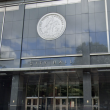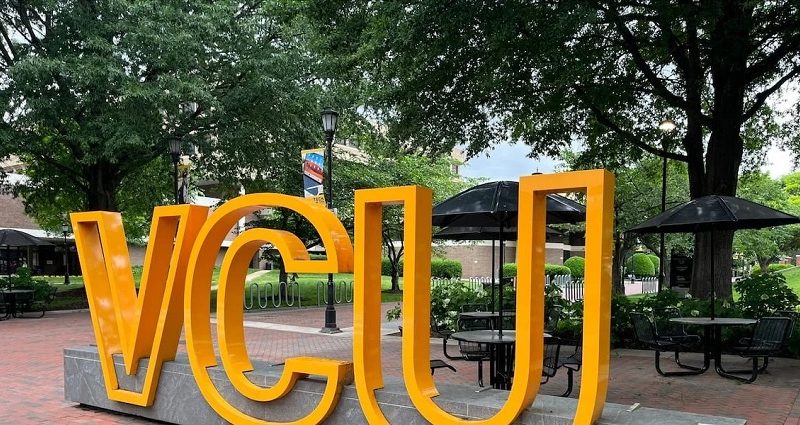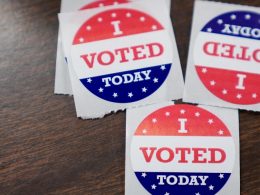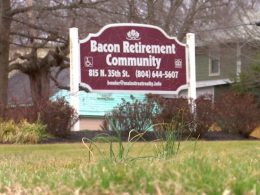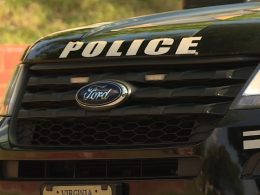Richmond, Va.— Virginia Commonwealth University (VCU) students are voicing concerns following the university’s recent decision to dissolve its Division of Inclusive Excellence, a move that has sparked unease among those who benefited from the programs aimed at promoting diversity and inclusion.
The decision, which was approved by VCU’s Board of Visitors on Friday, March 21, comes in the wake of changes to state and federal laws regarding Diversity, Equity, and Inclusion (DEI) initiatives. These changes follow an executive order signed by former President Donald Trump, which placed restrictions on how race and diversity are addressed within educational institutions. The VCU resolution cites state law, asserting that Virginia agencies are no longer required to maintain standalone DEI offices or dedicated DEI officers.
According to the resolution, the university must now ensure that its programs comply with federal civil rights laws, including Title VI of the Civil Rights Act of 1964 and the Equal Protection Clause of the U.S. Constitution. The guidelines emphasize that schools may not take race into account when distributing resources, benefits, or opportunities, even in a positive or supplementary way. The guidelines further state that no policies or programs should treat students differently based on race or create hostile environments.
VCU has not provided specific details regarding which programs or services will be impacted by the elimination of the Division of Inclusive Excellence. However, some students fear that DEI-related scholarships, such as the Barbara J. Payton Scholarship, may be jeopardized. This scholarship supports Black mass communication students from the Hampton Roads area, and its potential loss has raised alarms among students who rely on these opportunities for financial and academic support.
VCU sophomore Celina Harris, who applied for the Barbara J. Payton Scholarship, expressed her frustration over the uncertainty surrounding the university’s commitment to diversity. “It’s just like a scary time, and things are so uncertain,” Harris said. “Things that we were told wouldn’t happen to us are happening, and it’s not like a faraway thing… It’s right now.”
Harris went on to describe her feelings of unease, explaining that VCU’s reputation for inclusivity had been central to her decision to attend. “VCU continuously promoted — as part of their brand — that they are so focused on diversity. It’s supposed to be a place for people from all types of backgrounds. I just feel a little bit less safe, and I feel a little bit less supported in this environment.”
The concerns voiced by Harris reflect broader anxieties within the student body. Many fear that the dissolution of the Division of Inclusive Excellence could undermine efforts to foster an inclusive and supportive academic environment for students from diverse backgrounds.
VCU’s decision mirrors a similar move by the University of Virginia (UVA), which also recently eliminated its DEI division. UVA’s decision, met with praise from Virginia’s Republican leadership, was hailed by Governor Glenn Youngkin as a step toward promoting “merit-based opportunity” over what he described as “illegal discrimination” tied to DEI policies. “We stand for the universal truth that everyone is created equal,” said Youngkin in a statement. “Opportunity is at the heart of Virginians’ and Americans’ future.”
Attorney General Jason Miyares echoed these sentiments, arguing that DEI programs have been misused to prioritize equality of outcomes over equality of opportunity. “Virginia is stronger with all of us together,” Miyares said. “Merit and excellence are the necessary foundations to make Virginia stronger and more resilient for the 21st century.”
In response to the dissolution of the Division of Inclusive Excellence, VCU has stated that it will transition relevant programs to other areas within the university. The institution has assured students that its core commitment to embracing diversity remains unchanged and that a review of relevant policies and programs will take place to ensure compliance with state and federal laws.
VCU officials have indicated that the review process will be carried out in consultation with the campus community, and decisions will be shared at a future meeting of the Board of Visitors. As the university moves forward with this transition, students continue to anxiously await further clarification on how these changes will affect their academic and financial opportunities.
As the debate surrounding DEI programs continues to unfold in Virginia’s higher education system, VCU’s decision serves as a pivotal moment in the broader conversation about diversity, equity, and inclusion in American universities. The outcome of this review will likely set a significant precedent for other institutions facing similar challenges.



